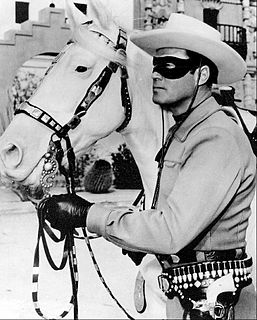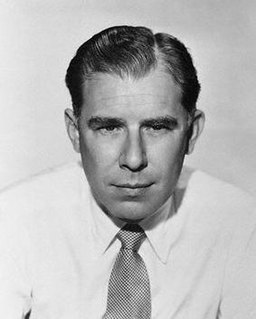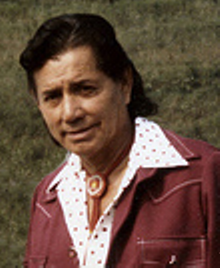 W
WThe Lone Ranger is a fictional masked former Texas Ranger who fought outlaws in the American Old West with his Native American friend, Tonto. The character has been called an enduring icon of American culture.
 W
WThe Lone Ranger and Tonto Fistfight in Heaven is a 1993 collection of interconnected short stories by Sherman Alexie. The characters and stories in the book, particularly "This Is What It Means to Say Phoenix, Arizona", provided the basis of Alexie's screenplay for the film Smoke Signals.
 W
WThe Lone Ranger is an action-adventure video game released by Konami for the Nintendo Entertainment System exclusively in North America in 1991. It is based on The Lone Ranger radio and TV franchise, the latter which was still rerunning in syndication when the game was released. The player takes the role of the Lone Ranger himself as he engages against outlaws in side-scrolling, overhead, and even first-person segments. The Lone Ranger theme music is played prominently during the game, which includes a DPCM-coded voice clip of the ranger shouting his catch-phrase "Hi Yo Silver".
 W
WClayton Moore was an American actor best known for playing the fictional western character the Lone Ranger from 1949 to 1952 and 1953 to 1957 on the television series of the same name and two related movies from the same producers.
 W
WBass Reeves was an American law enforcement officer. He was the first Black deputy U.S. marshal west of the Mississippi River. He worked mostly in Arkansas and the Oklahoma Territory. During his long career, he had on his record more than 3,000 arrests of dangerous criminals, and shot and killed 14 of them in alleged self-defense.
 W
WGeorge Seaton was an American screenwriter, playwright, film director and producer, and theatre director.
 W
WJay Silverheels was an Indigenous Canadian actor and athlete. He was well known for his role as Tonto, the Native American companion of the Lone Ranger in the American Western television series The Lone Ranger.
 W
WFrancis Hamilton "Fran" Striker was an American writer for radio and comics, best known for creating the Lone Ranger, Green Hornet, and Sgt. Preston of the Yukon characters.
 W
WThe William Tell Overture is the overture to the opera William Tell, whose music was composed by Gioachino Rossini. William Tell premiered in 1829 and was the last of Rossini's 39 operas, after which he went into semi-retirement. The overture is in four parts, each following without pause.